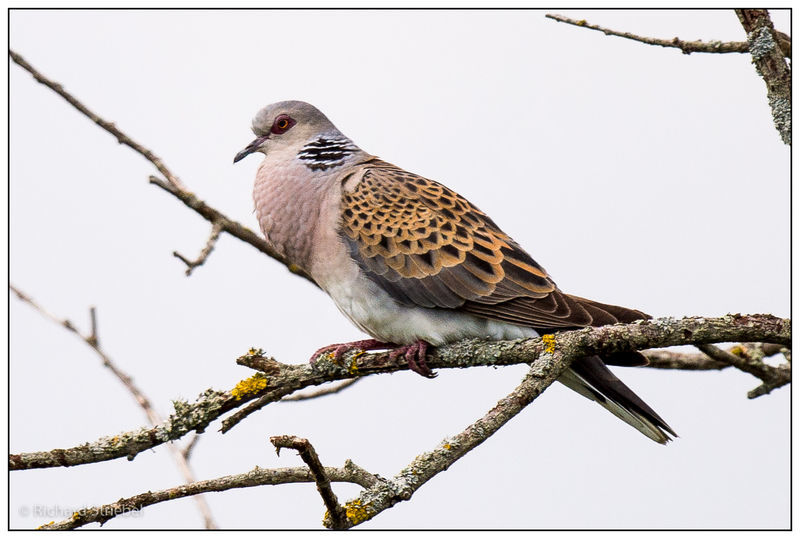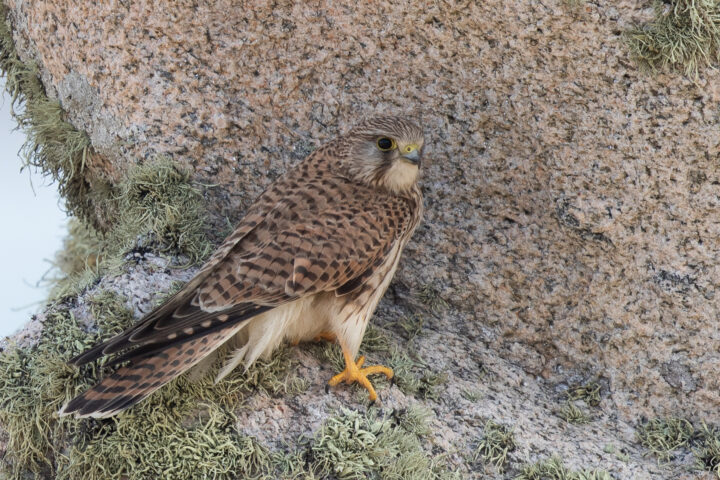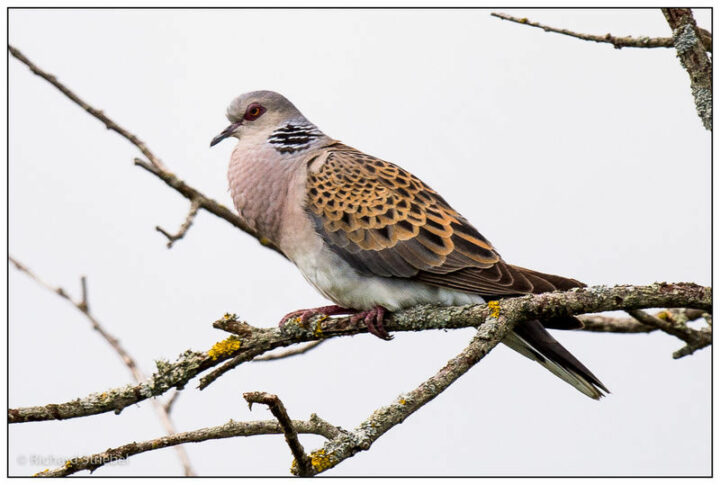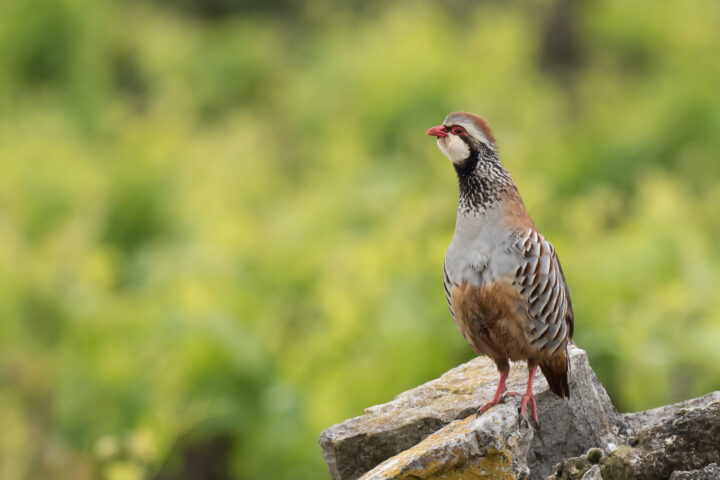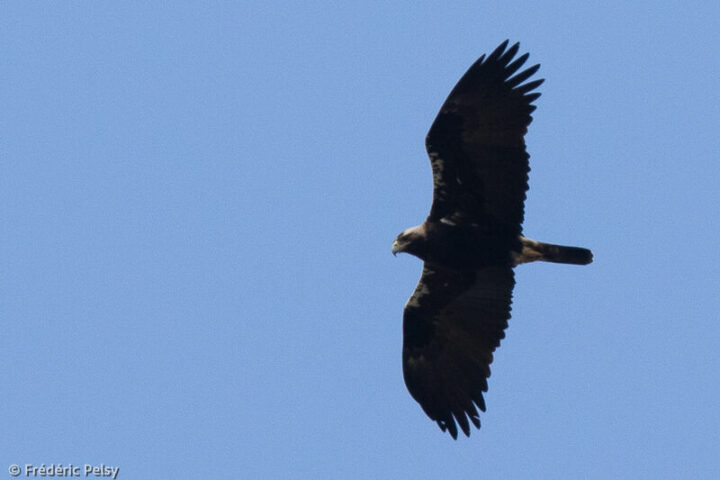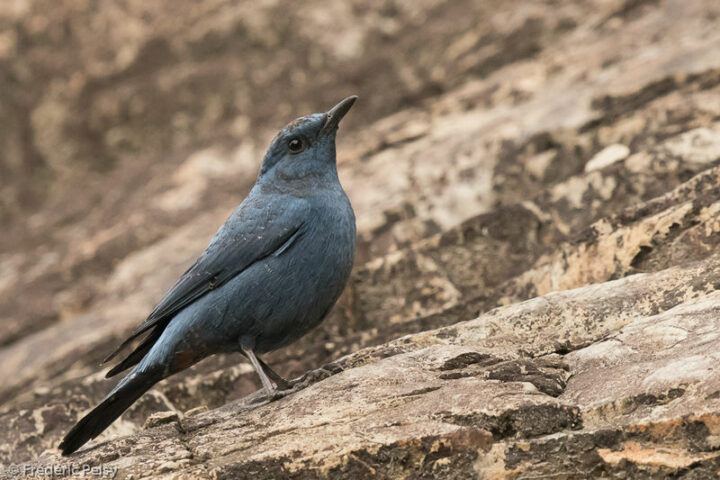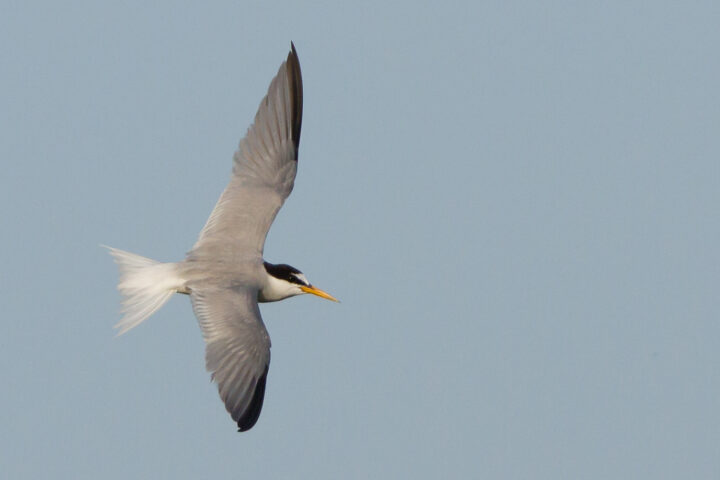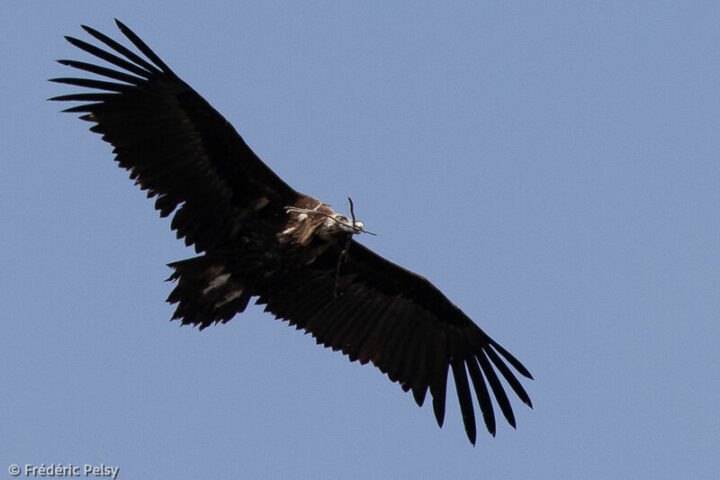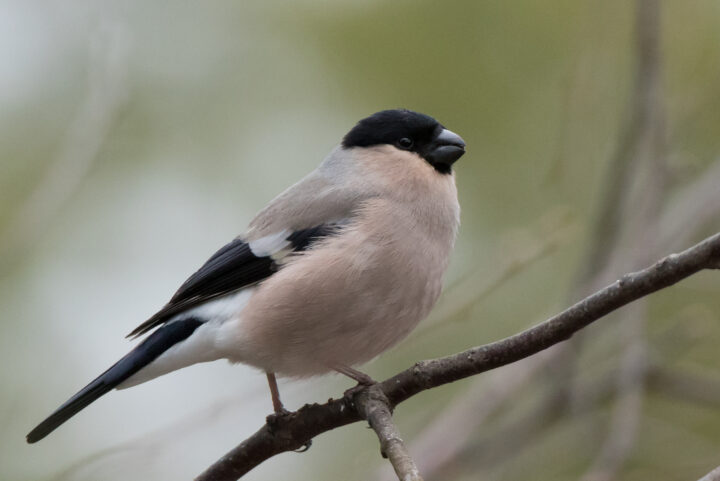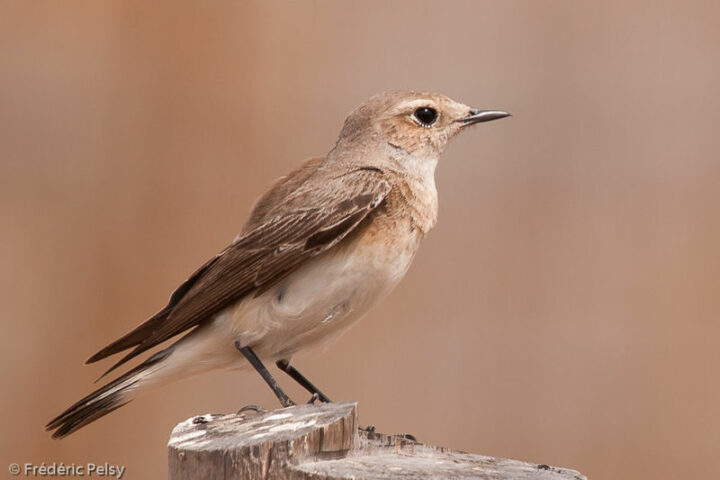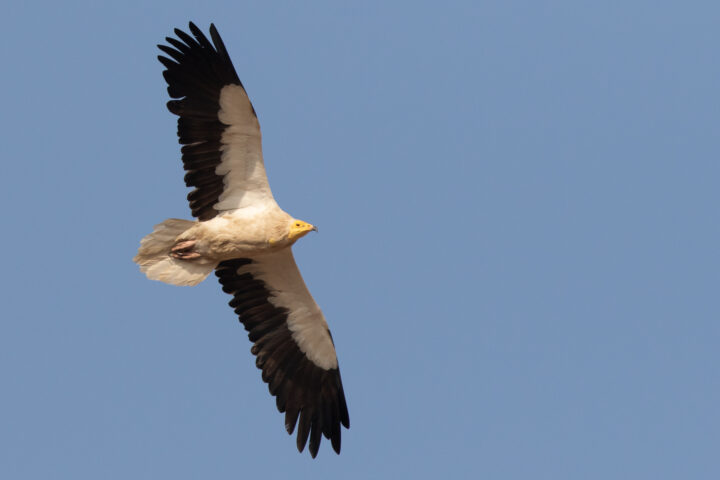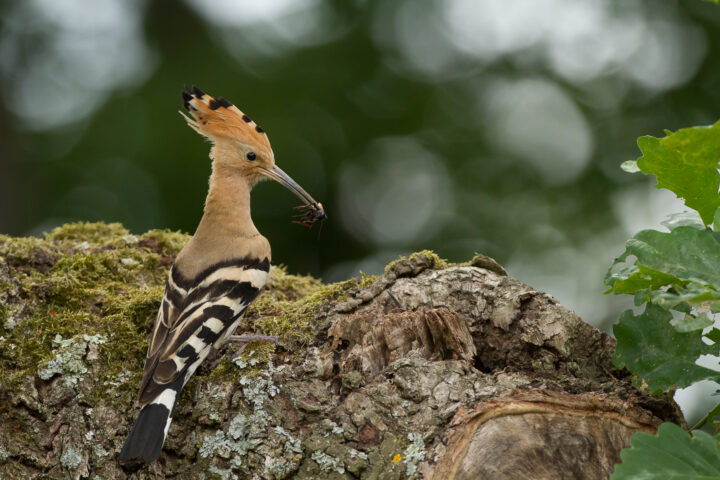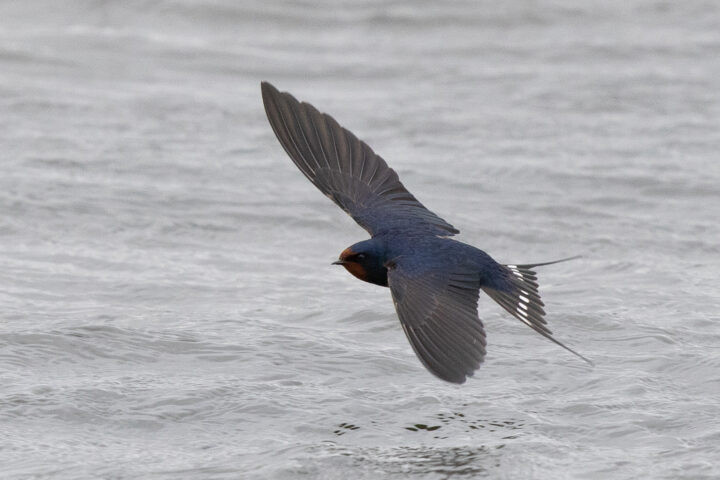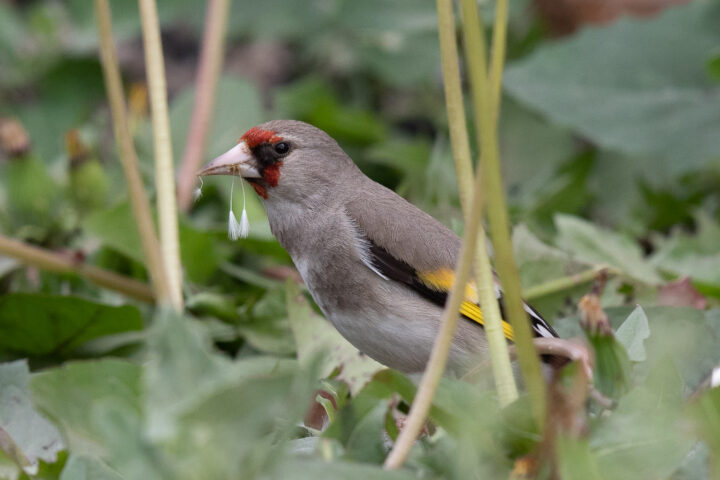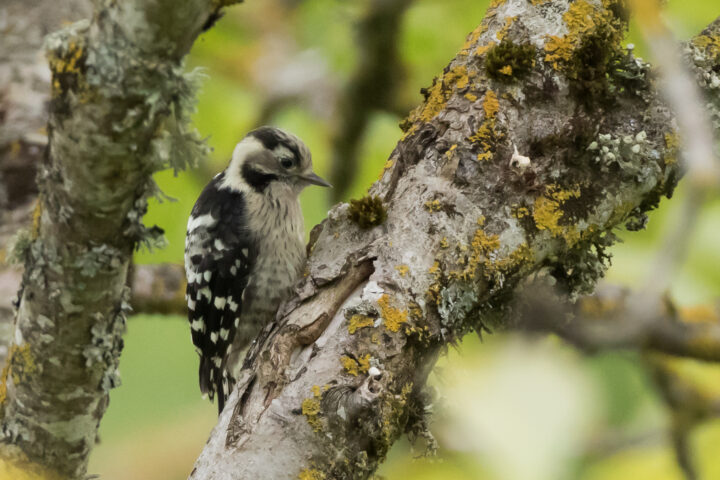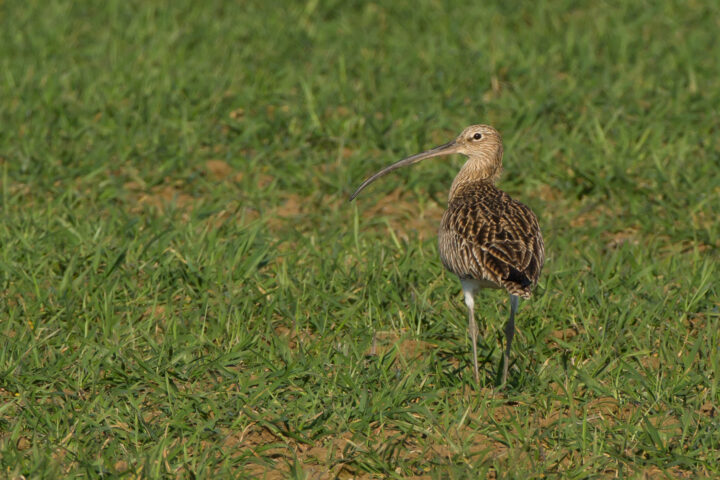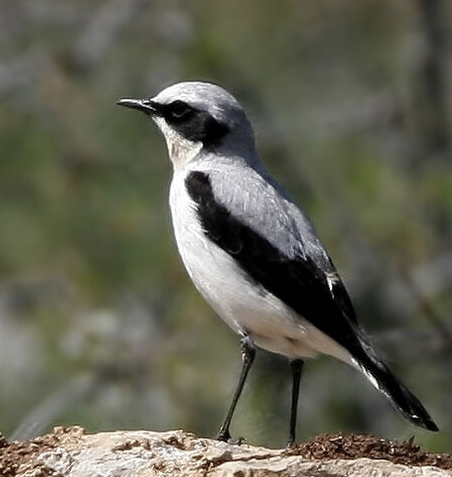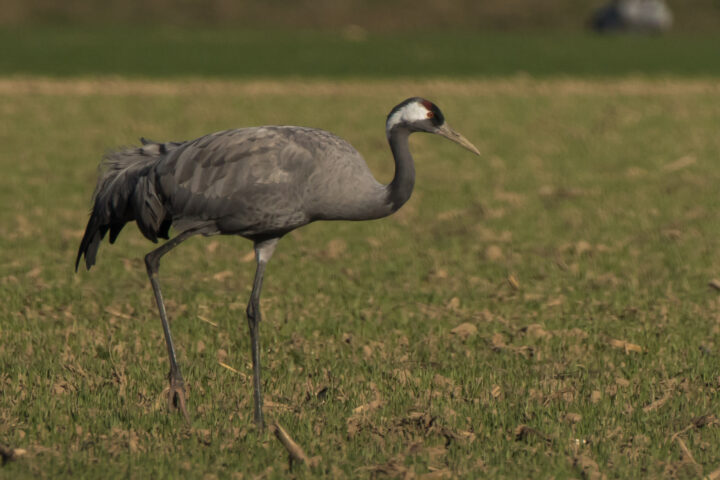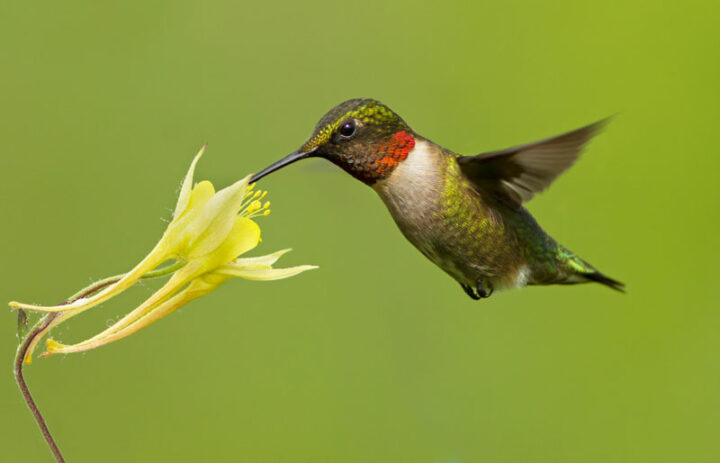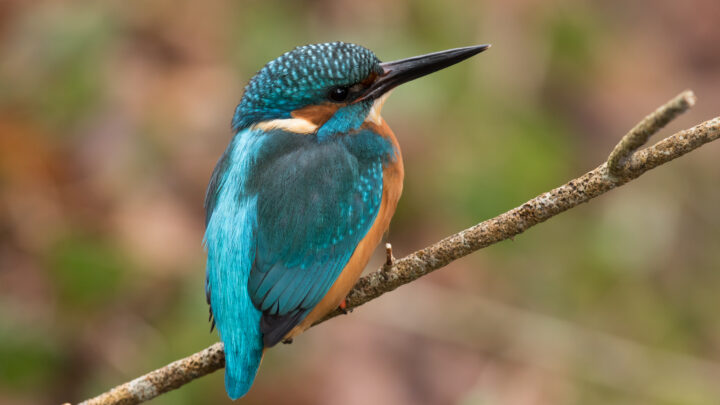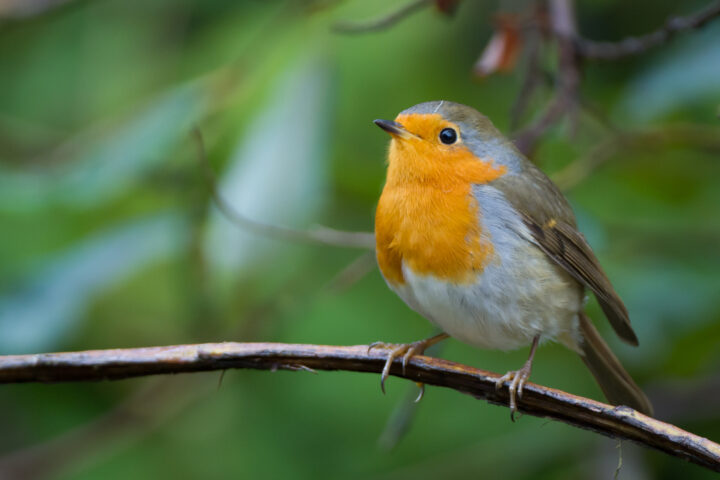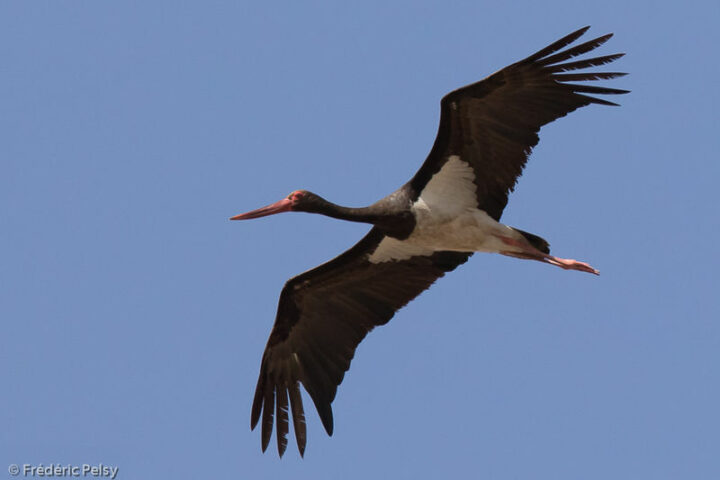European turtle DOvE
Streptopelia turtur
classification
- Order: Columbiformes
- Family: Columbidés
- Genus: Streptopelia
- Species: turtur
DescriptOr
- Linnaeus, 1758
Biometrics
- Size: 29 cm
- Wingspan: 47 to 53 cm
- Weight: 150 to 225 g
Distribution
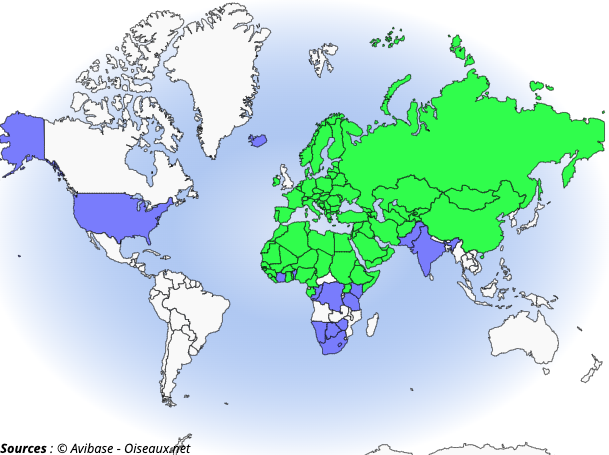
birdsong
It emits a soft, purring “rou-rr” coo, often repeated for long periods.
Find out more about this birdsong
iucn conservation Status

Partager
IDENTIFICATION
In this small turtle-dove, the two sexes are identical. The head and cap are grey-blue, with the feathers on the back of the bonnet and nape often showing vague brown borders. The sides of the neck have white and black stripes in 3 or 4 rows. The scapulars, mantle and wing coverts are reddish-brown but with black feather centres, giving these parts a very scaly appearance. The long, rounded black tail is edged in white, apart from the central rectrices. The blue-grey wing feathers are particularly visible in flight. The neck and breast are pinkish grey. The belly and the rest of the underparts are whitish, lighter than those of the Turtle Dove. The yellow eye is surrounded by a red ring. The beak is dark and the legs pinkish.
Juveniles are duller and brown. The grey of the head and neck, and the purplish of the breast are replaced by dull brown. The pale reddish buff border is narrower on the scapulars, tertiary wing feathers and wing coverts. The black centre of the feathers is less distinct. All these features make the scaly appearance less obvious. The orbital circle is pink rather than red.
HABITAT
From late April to migration in September, turtle doves tend to be found in open landscapes dotted with trees, bushes, hedges and copses. They are often found in thickets bordering farmland, where they seek most of their food. Unlike the Wood Pigeon, the Turtle Dove is rarely found on city buildings. Following its more reserved nature, it prefers to remain in the shelter of medium-sized vegetation.
threat – protection
The species has declined significantly in France since the 1970s. There are two main reasons for this: it is heavily hunted when it visits Mediterranean regions. To this must be added the degradation of its habitat due to the destruction of hedges and the massive use of pesticides in agriculture.
Gallery








Find all the walls
15 walls
Place
14-16 Penpoll Road,London
Fresque
Hummingbird by Claire Ward ThorntonPar
Claire Ward-ThorntonOiseau
Ruby-throated HummingbirdPlace
Aknīste – Gārsene – Ausmas,LV-5218 Gārsene,
Lettonie Zemgale
Fresque
Black storksPar
Anda LāceOiseau
Black StorkPlace
Bruxelles BelgiqueFresque
Turtle DovePar
Aurore VegasOiseau
European Turtle DovePlace
Jarrestraße 20,22303 Hamburg,
Allemagne
Fresque
COMMON KESTRELPar
Hanadi ChawafOiseau
Common KestrelPlace
Lisbonne,Portugal
Fresque
Vulture & EaglePar
Tatiana SaumOiseaux
Spanish Imperial Eagle, Cinereous Vulture.Place
Kišpatićeva ul. 12,10000,
Zagreb,
Croatie
Fresque
Common KingfisherPar
Chez 186Oiseau
Common KingfisherPlace
1 Boulevard de Dresde,67000 Strasbourg,
France Grand Est
Fresque
Eurasian CurlewPar
Philippe BaudelocqueOiseau
Eurasian CurlewPlace
Tabor,1000 Ljubljana,
Slovénie
Fresque
Little TernPar
ŠkartOiseau
Little TernPlace
Roodborststraat 18,3083 WB Rotterdam,
Pays-Bas
Fresque
The European RobinPar
Marloes de KiewitOiseau
European RobinPlace
35 Rue du Général Leclerc92130 Issy-les-MoulineauxFresque
Five birds by MantraPar
MantraOiseaux
Common Kingfisher, Barn Swallow, European Goldfinch, Eurasian bullfinch, Lesser Spotted Woodpecker.Place
Place Seigneur de Monlezun,Sempesserre
Fresque
The Red PartridgePar
Adèle RenaultOiseau
Red-legged PartridgePlace
Ss Cyril & Methodius 44,Skopje 1000,
Macédoine du Nord
Fresque
Egyptian VulturePar
Dorotej NeshovskiOiseau
Egyptian VulturePlace
2 Place des Marseillaises,Marseille
Fresque
6 Mediterranean and American birdsPar
FikosOiseaux
Eurasian Hoopoe, Western Black-eared Wheatear, Blue Rock Thrush.Place
299 Avenue de l’Adour,Anglet
Fresque
11 migratory birds of the Basque coastPar
MioSHeOiseau
Common cranePlace
84 Rue du Chemin Vert,Boulogne-sur-Mer
